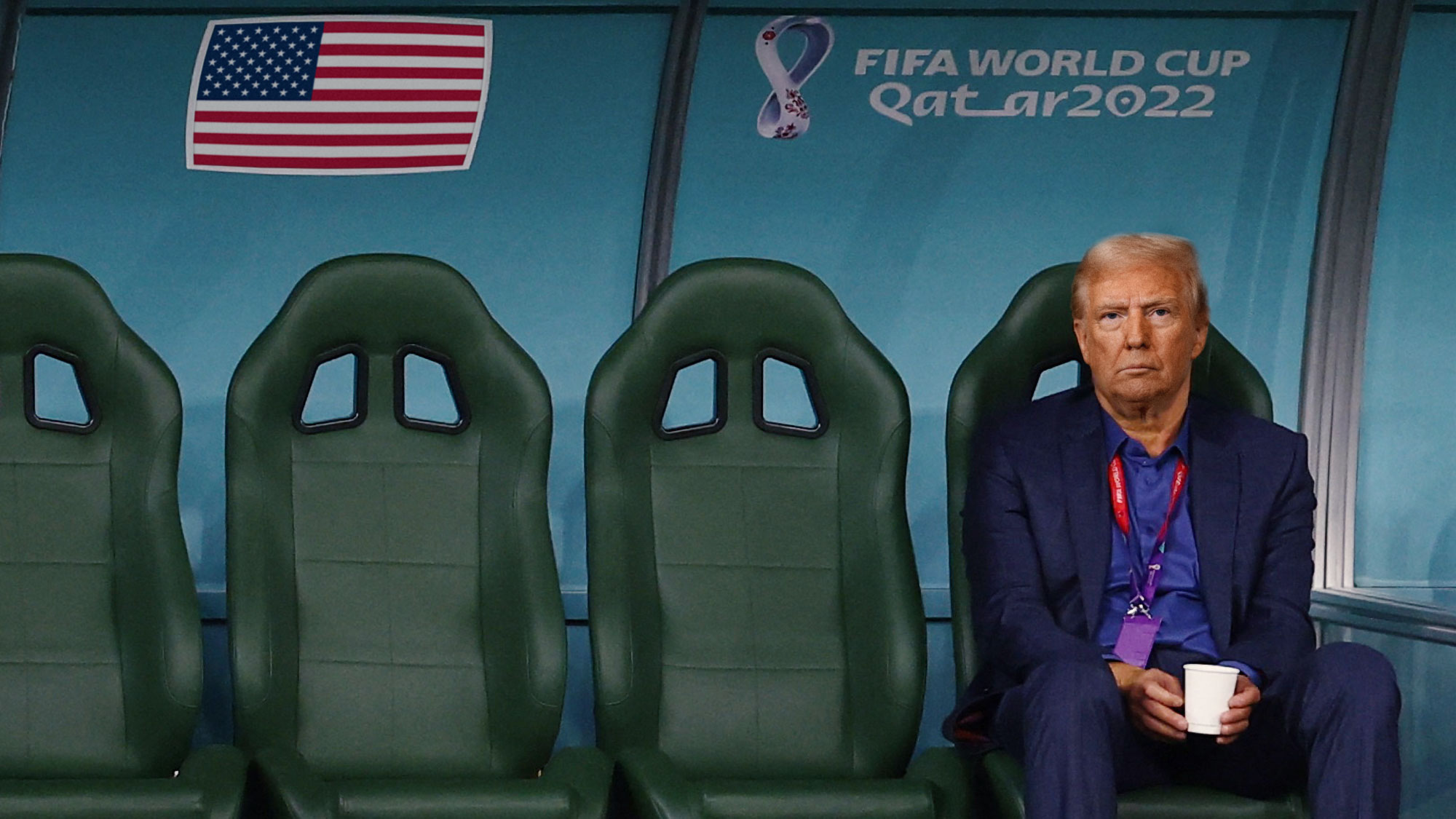Surprising a total of zero people, US president and convicted criminal Donald Trump signed his country’s withdrawal from the Paris climate agreement at around 8:50 pm (Brasília time) on Monday (20), after saying that the act would save the nation US$1 trillion (it’s a lie; it won’t). He also ordered the revocation of all (meager) climate funding provided by the US Treasury. No big news: the US has been a villain on the multilateral climate negotiations for most of the 31 years that the UN Climate Convention has been in force. It’s past time for the international community to deal with the crisis without them.
In the past, the Americans have posed a threat by almost refusing to sign the Climate Convention in 1992; they have killed the Kyoto Protocol in 2001; and they have imploded (together with China) the Copenhagen conference in 2009. The entire architecture of the Paris Agreement, including the voluntary national contribution targets, was designed to bend the world to the internal circumstances of the US, which traditionally obstructs the debate on financing and loss and damage.

The American exit from Paris is bad news and a risk of inspiring other far-right leaders - something that needs to be stopped
Despite this, the US withdrawal from Paris is obviously bad news and an immediate risk of inspiring other far-right leaders in the world to follow the bad American example. This domino effect could kill the agreement, which is currently the only thing standing between humanity and 3°C or more of global warming. Another, longer-term risk is that the US will bully other countries into slowing down the energy transition.
It is up to the world to act in order to isolate the United States and accelerate the energy transition. Europe and other countries need to credibly and consistently use international trade, the arena where Trump first made his threats, to limit the damage of an administration that is trying to recarbonize the economy.
New leaders also need to fill the vacuum left by the United States. This scenario increases responsibilities from China, the EU, South Africa and Brazil – host of the first BRICS meeting and the first post-Trump 2.0 COP. It’s up to Luiz Inácio Lula da Silva to show in November that the world is willing to move forward and avoid the collapse of civilization, even with the planet’s largest economy doubling down on dystopia.
